Sat 21 March 2020:
What is there to do in solitude? You can finally catch up on that book you wanted to read. Here’s a brief list to get you started this week.
As the coronavirus continues to spread around the world and national governments increasingly try to get a grip on a crisis that is invisible and unpredictable, millions of people are in either mandatory or self-imposed quarantine.
While waiting for the apocalypse or hunkering down to see how our world will change as a result of this pandemic, we think that there are at least a few good books worth reading to take your mind off things.
No spoilers!
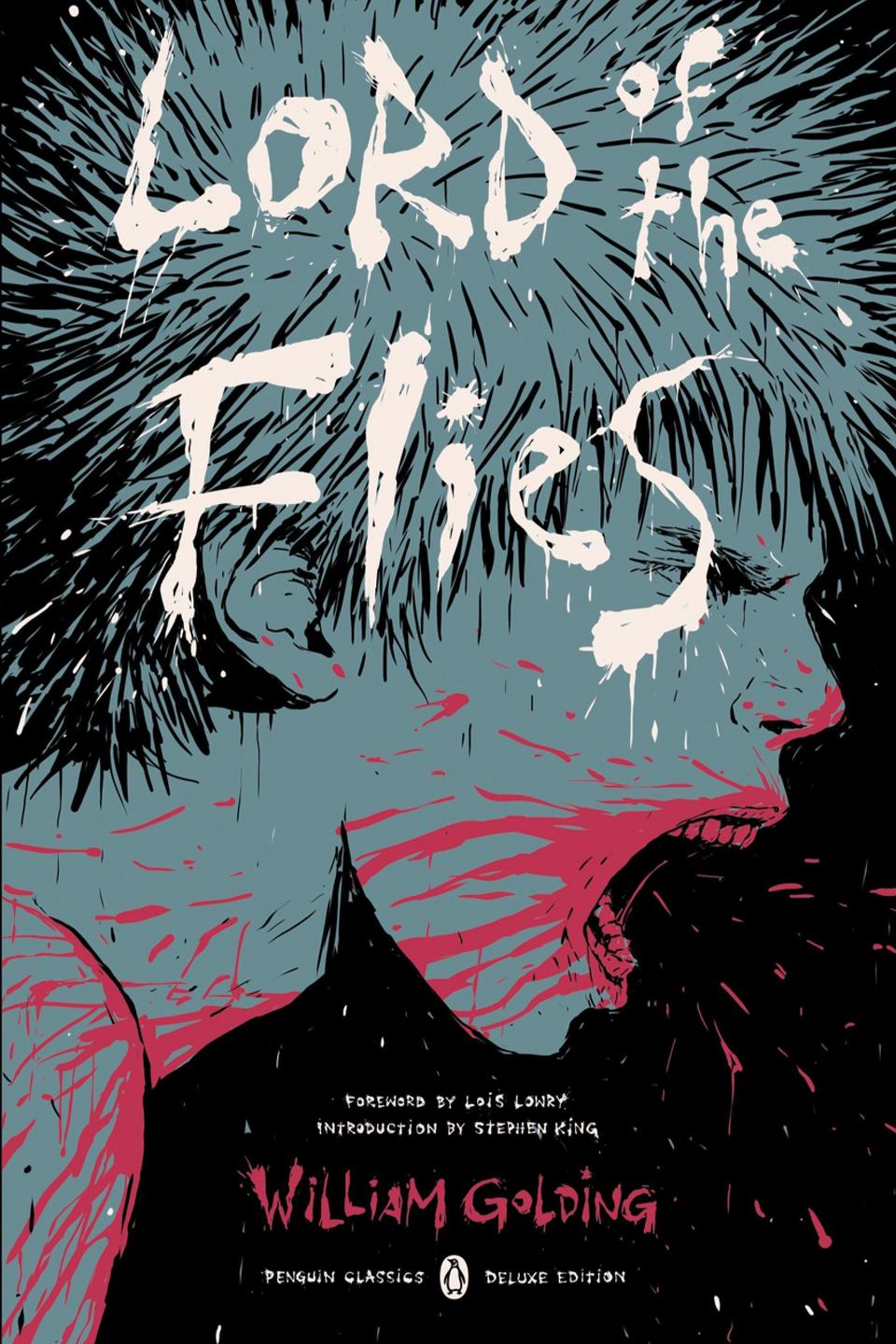 Lord of the Flies
Lord of the Flies
The book by British author William Golding is a timeless classic about a group of boys that find themselves stranded on an island.
Set against the background of the end of World War II and the beginning of the Cold War, both events that transformed the world and threatened to end human civilisation, the book is set on a deserted island where a group of young boys survive a plane crash.
The book touches psychology, philosophy and what it means to build a society. If left to our own devices to rule and run society what would we do?
In exploring the dark side of humanity Golding wanted to show how fragile societies are and how a rules-based order can crumble to despotism, nihilism and even savagery.
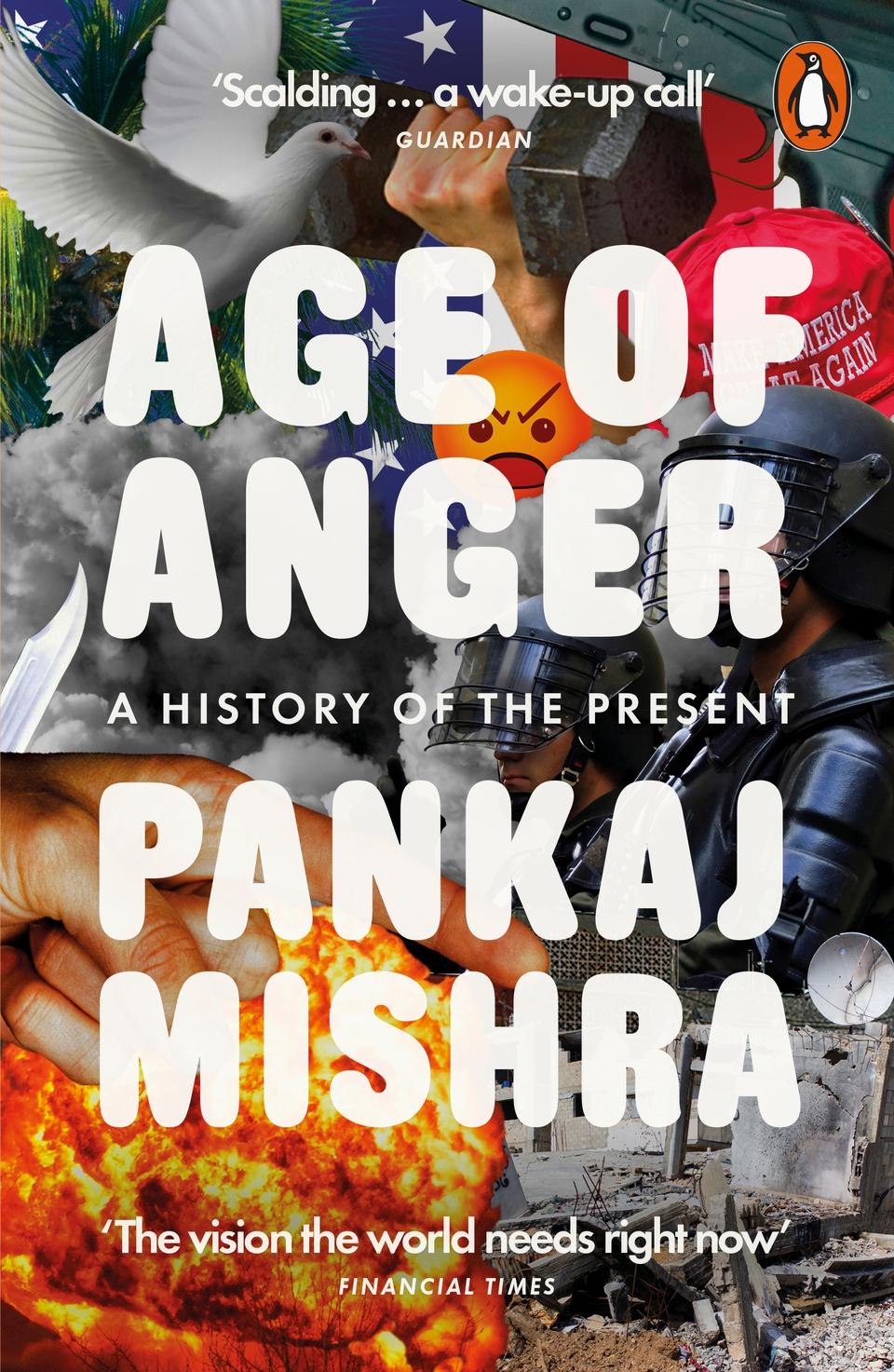 Age of Anger: A History of the Present
Age of Anger: A History of the Present
Since the 2008 financial meltdown, the world has lurched from crisis to crisis, explains Pankaj Mishra in his 2016 book.
There is increasing anger in the world in part against globalisation, capitalism and Western notions of individualism, which has ultimately resulted in the rise of the far-right, nationalism, Brexit, Daesh and even Donald Trump.
In light of the present global circumstances, as the Western world has struggled to deal with the loss of trust in politics, the onset of the coronavirus and its impact on Europe and the US, it could have implications for us all.
China’s ability to turn the crisis to its advantage as the US struggles to shape its narrative could mark a turning point in how the global powers are perceived and how that impacts the US internally.
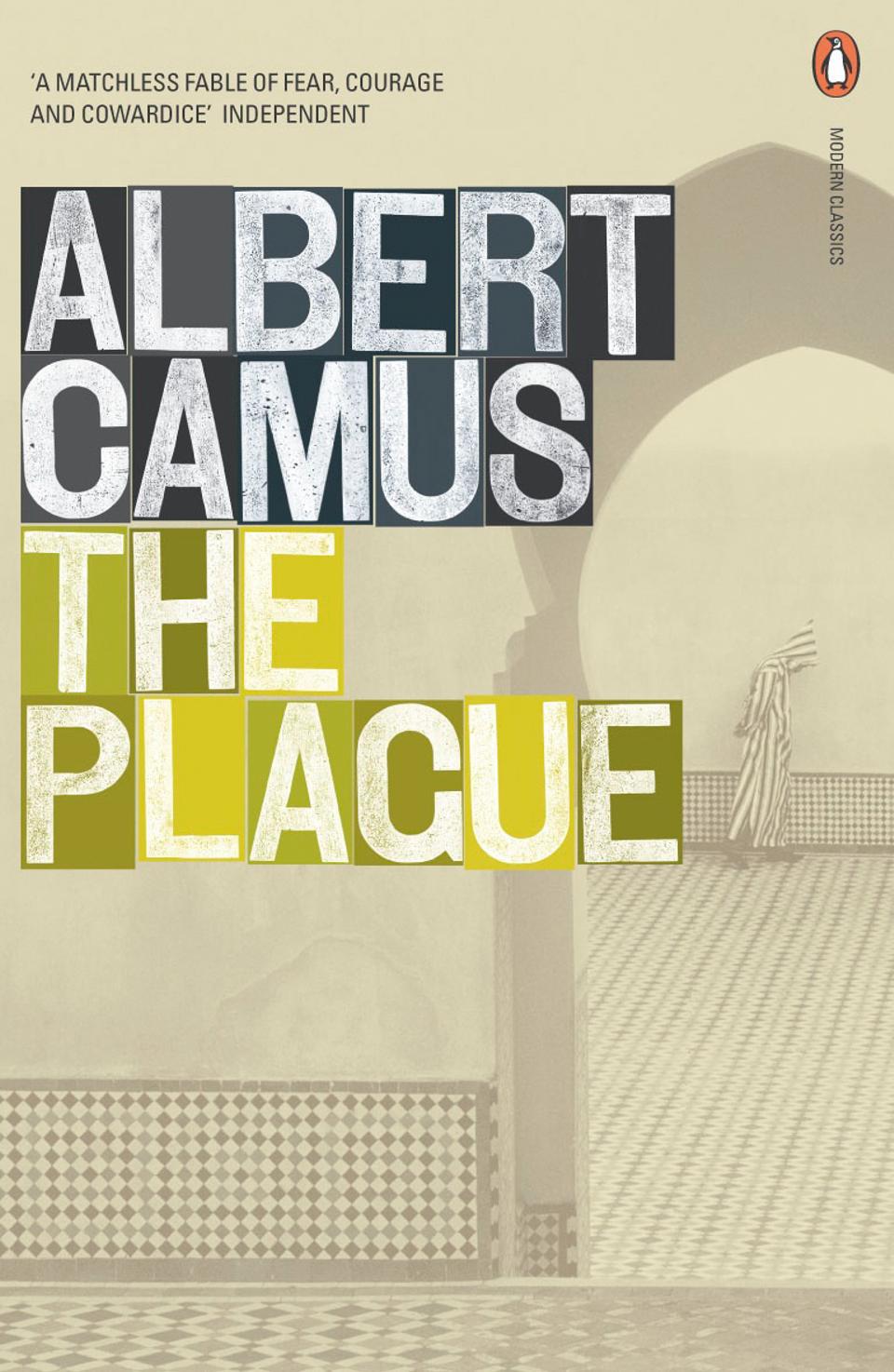 The Plague
The Plague
What happens to a society when an invisible pathogen spreads through a population, leaving thousands dead and thousands more quarantined; people confined to their homes; panic and hysteria grip society and much more?
Well, the French author of the 1947 novel ‘La Peste’, Albert Camus, thought about exactly such a scenario.
Set in the Algerian coastal town of Oran in the month of April, then occupied by France, Camus writes that a deadly virus disrupts daily lives and society slowly comes to a halt. Schools, universities are closed as hospitals buckle under the strain of the virus.
The book unsurprisingly has seen an explosive increase in purchases, particularly in Italy.
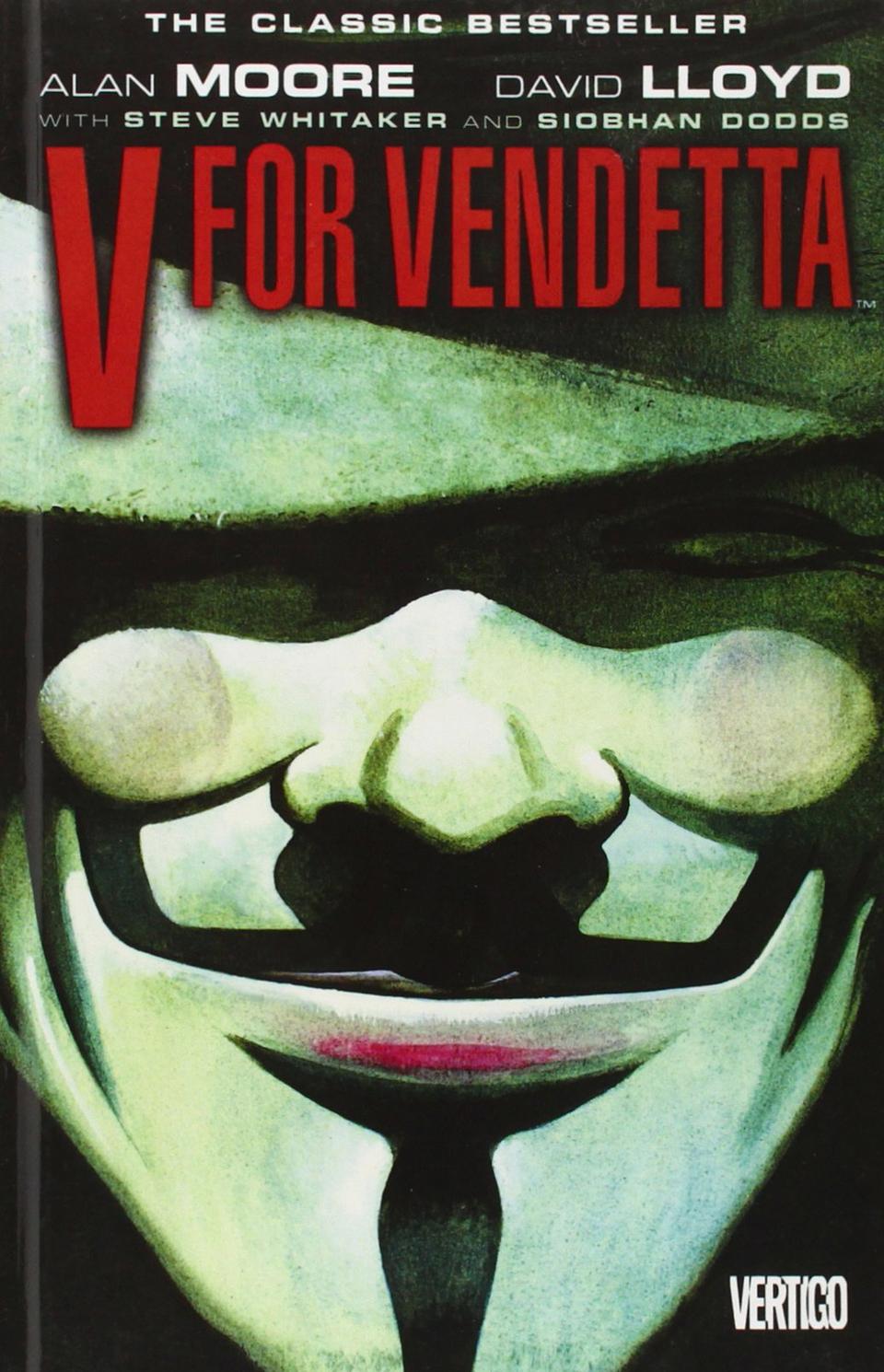 V for Vendetta
V for Vendetta
Many people will know this as the movie, however, before that it was a novel by the writer Alan Moore.
The book is set in the UK during the 1990s and it envisages a society that had faced nuclear war in the 1980s. As a result of that crisis, a new form of governance that was born was neo-fascists, white supremacists and Christofascists.
The book then tracks the actions of an anarchist who aims to bring the whole system down.
The novel could also be particularly illuminating as the current UK government is one of the most right-wing governments in decades and in order to deal with the coronavirus outbreak it is passing a bill with emergency wartime powers that will last for two years.
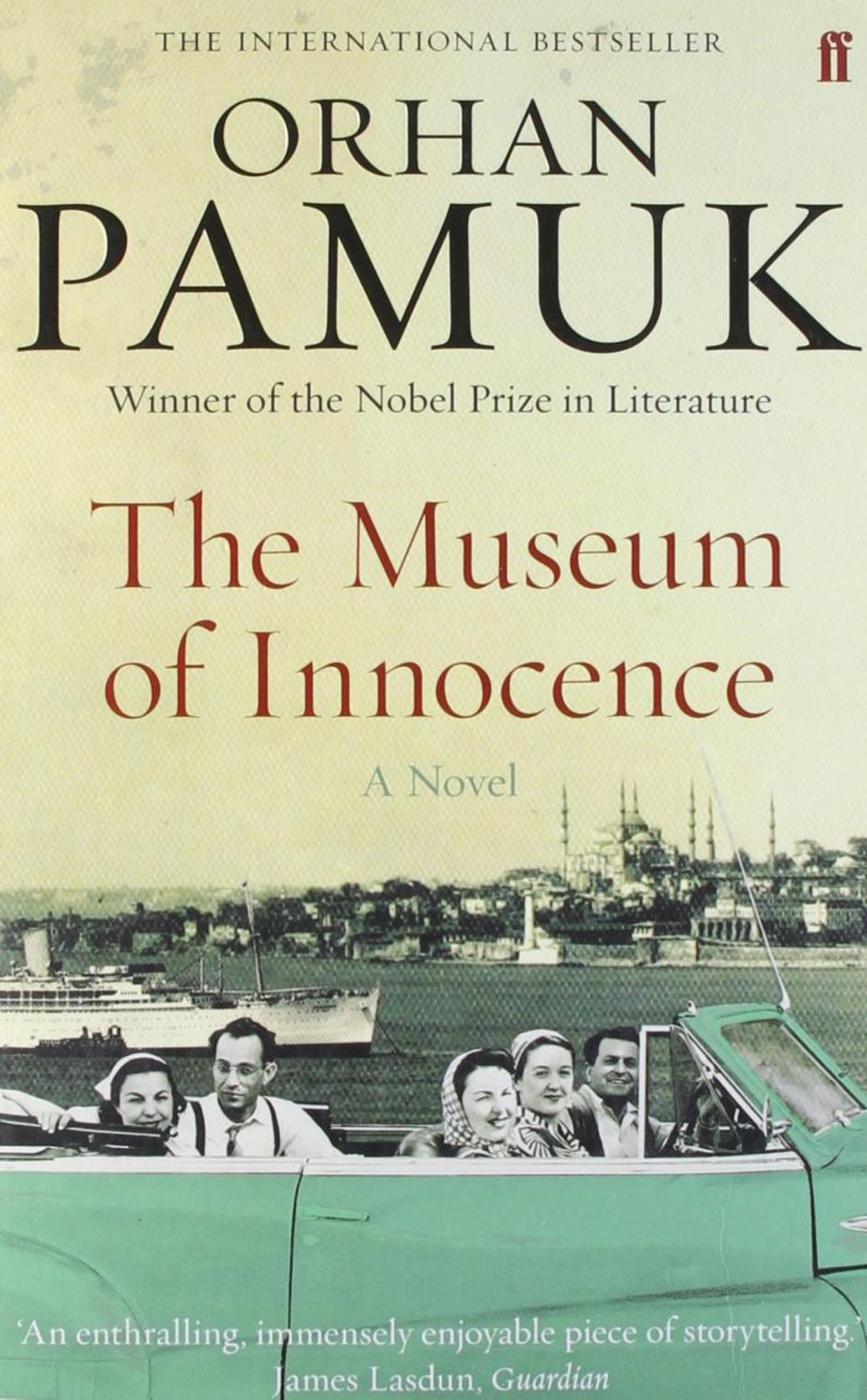 The Museum of Innocence
The Museum of Innocence
The novel was written by Orhan Pamuk, one of Turkey’s most acclaimed international writers and is about a young man’s pursuit of his first true love.
Set in Istanbul during the 1970s and 1980s a wealthy businessman who is engaged to one woman falls for another.
What follows is a lengthy period in which the unlucky lovers attempt to find a way to make their clashing worlds work.
Source: TRT World
Think your friends would be interested? Share this story!





